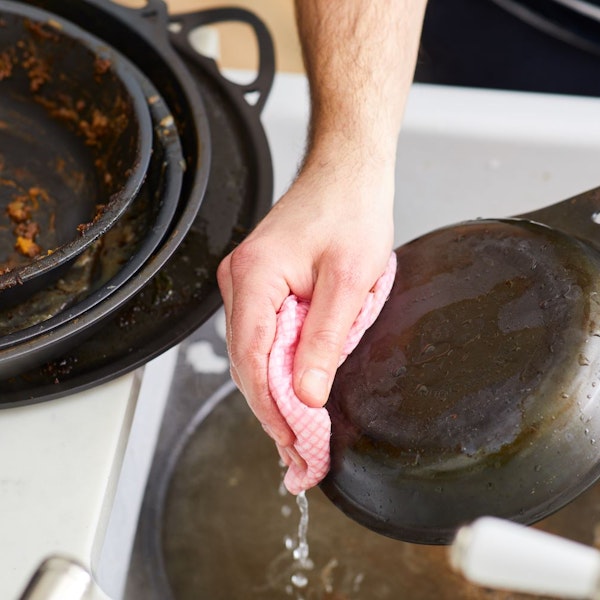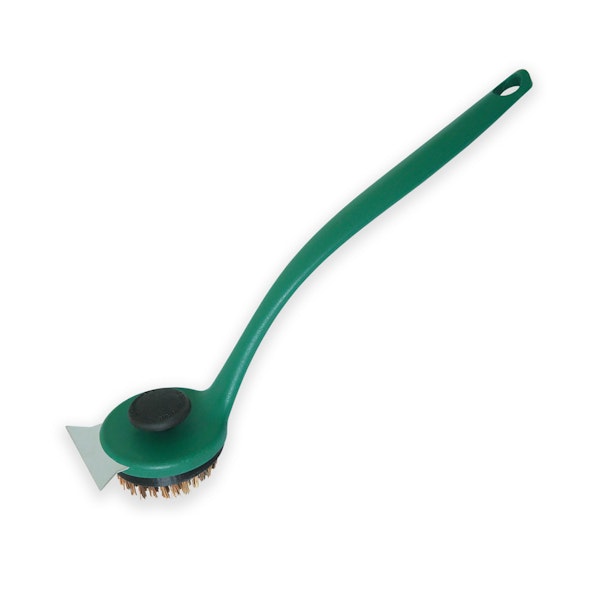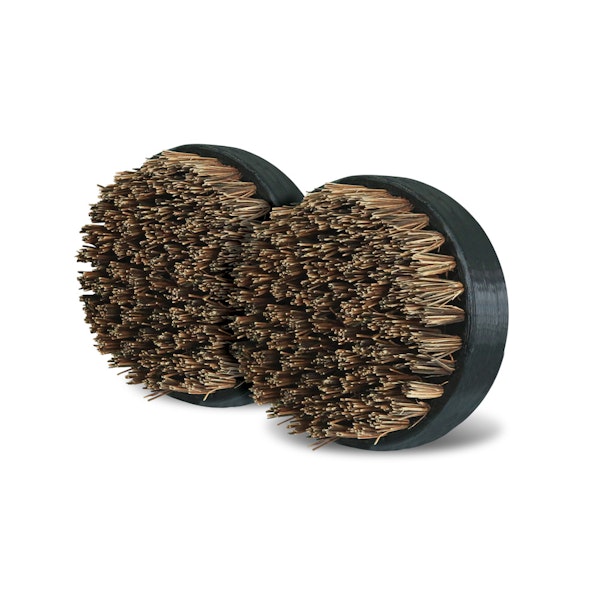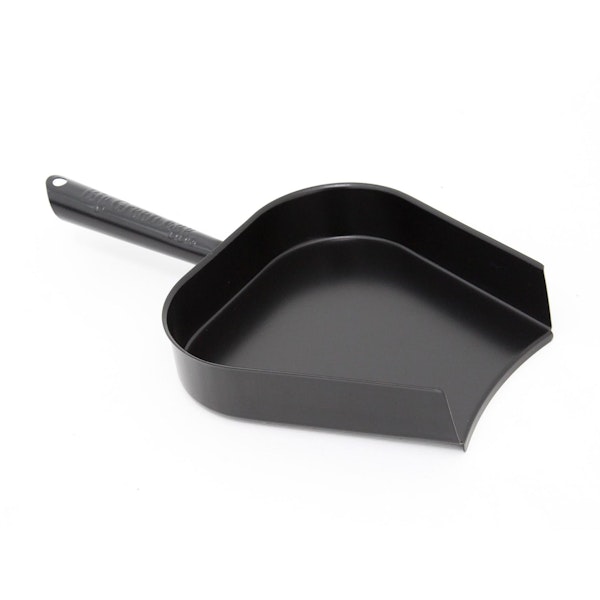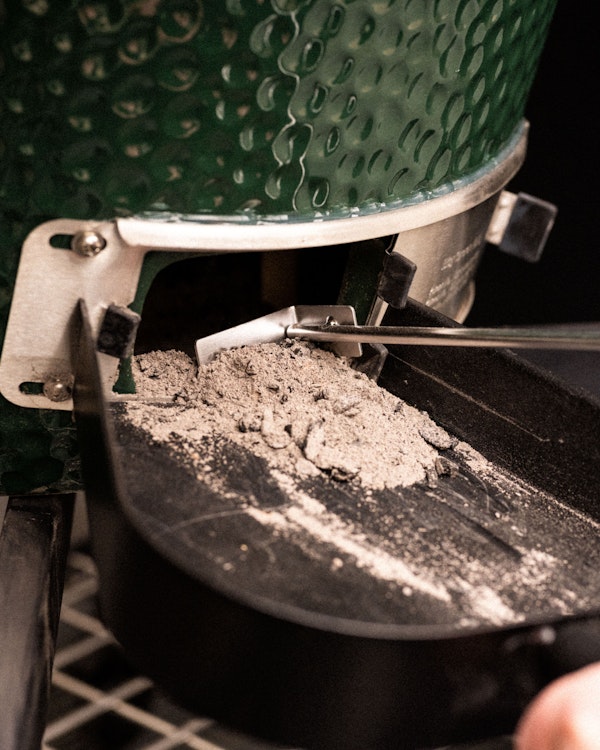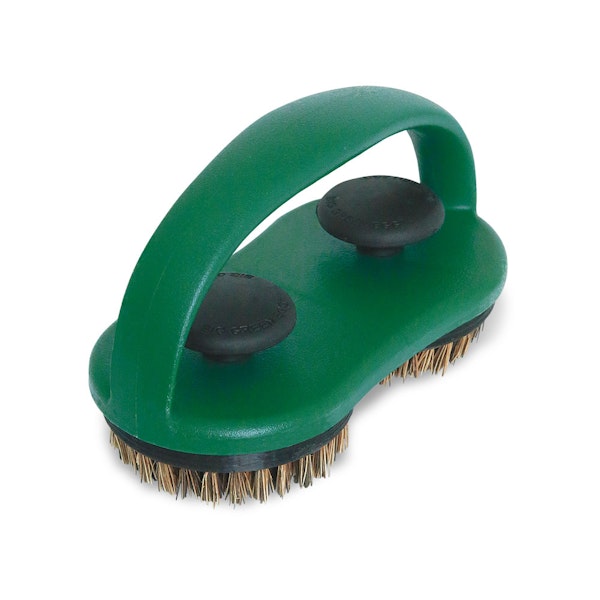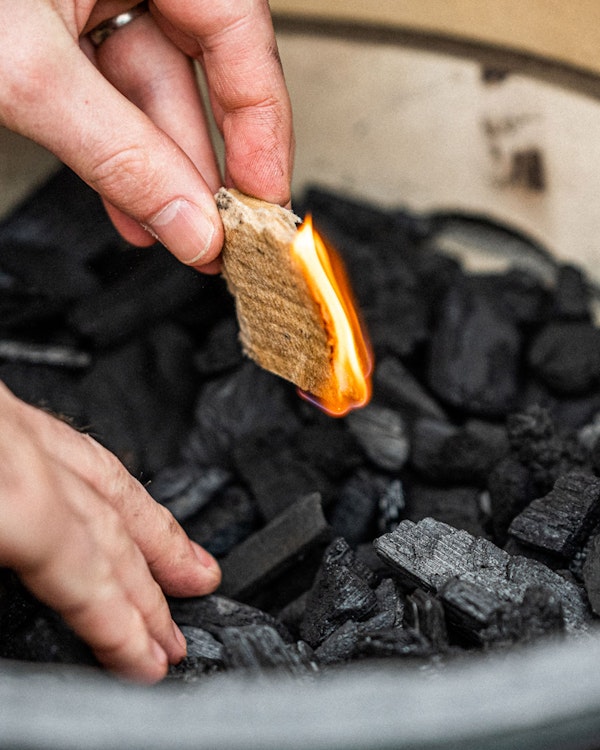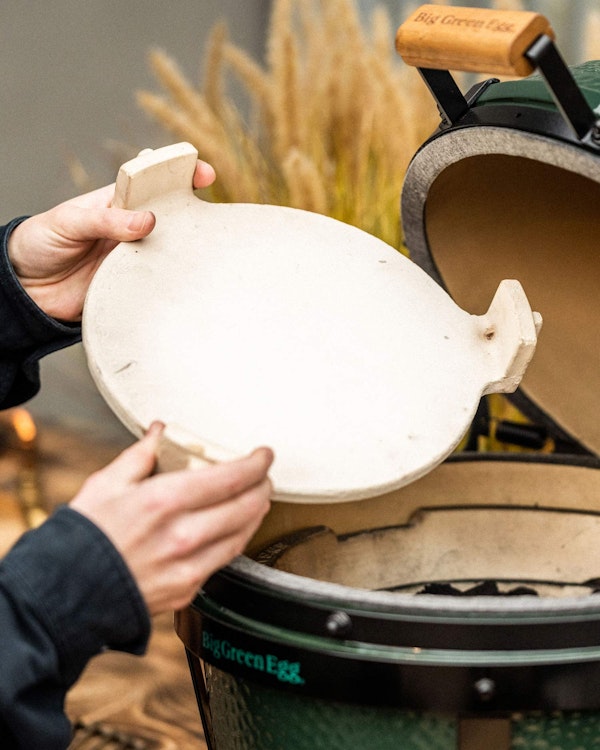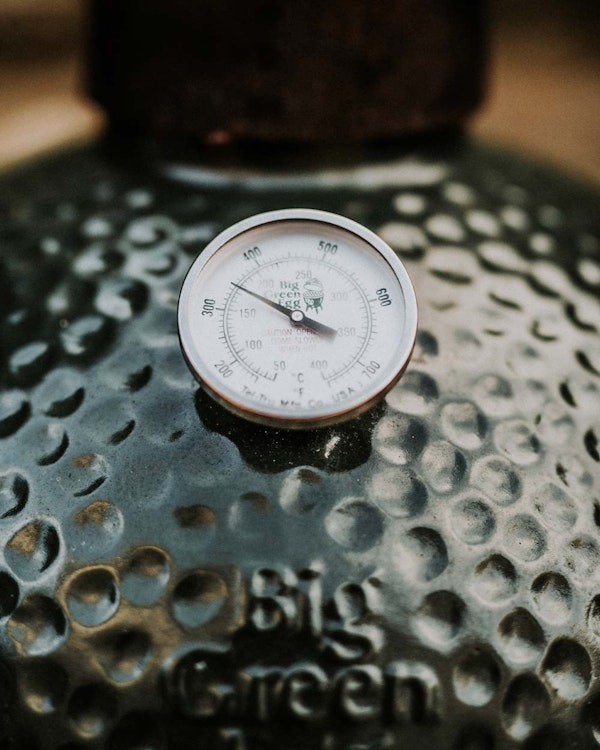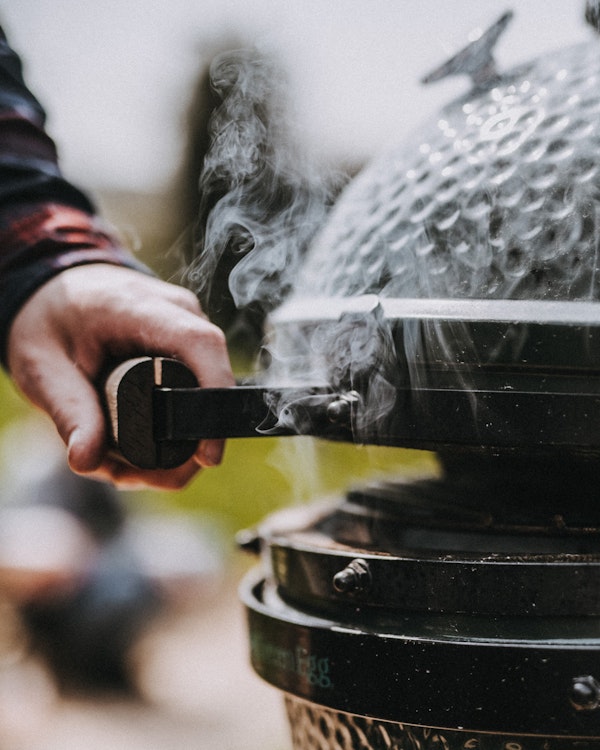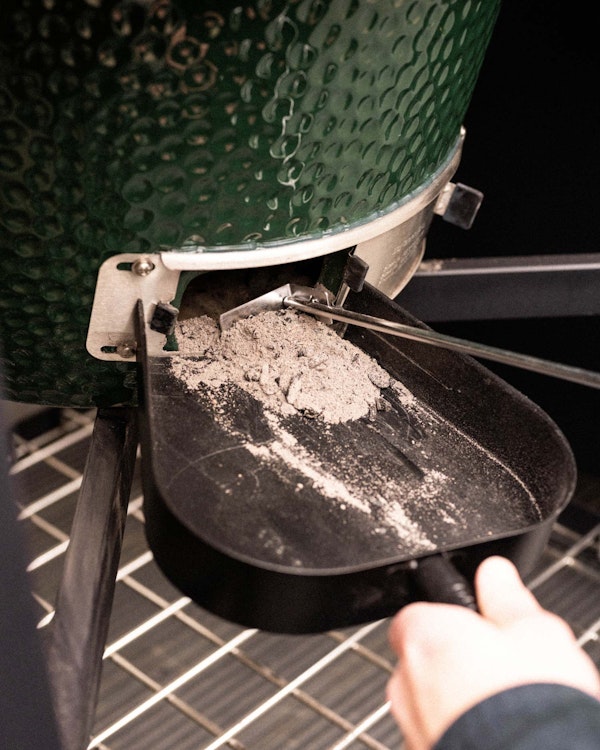How to care for your iron cookware
Main content
Built to last
With superior heat retention, excellent conductivity and tough materials, Big Green Egg’s cast iron and wrought iron pans are built to last. As long as you look after them, they will get better and better with age.
Here are some tips for seasoning and cleaning your pans, so that they last for generations.
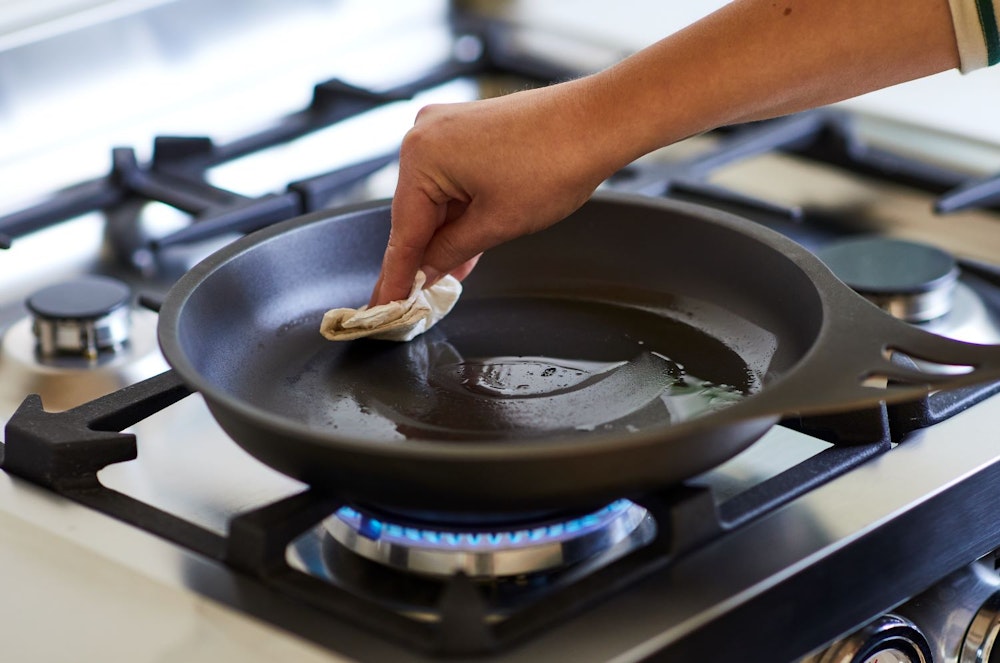
What is seasoning?
Seasoning is the process of coating cookware with layers of fat to create a natural non-stick surface. Building seasoning takes time but you'll find your pan gets more and more non-stick with every use. What's more, your food will taste better and better as it begins to take on the flavours of previous cooks.
How to season
Pour a small amount of cooking oil into the centre of the pan. Using a cloth or kitchen roll, wipe the oil around the inside of the pan. You want every bit of the surface to have a thin coating. Place in an oven or in your Big Green Egg at 200°C for 1 hour. Turn the oven off (or shut both your vents) and leave to cool, with the pan inside. Remove. You are now ready to cook!
Stove top seasoning
If you are short on time, you can also season your pans on a stove top. Cover the inside of the pan with a thin layer of cooking oil. Place on a low heat and gradually turn the heat up until the oil is smoking. Remove from the heat and repeat the process two more times. Sunflower or rapeseed oil are ideal as they have a higher burning temperature and won’t leave a bitter taste once burnt.
Cleaning your iron cookware
After use, clean your pan with hot water and a soft sponge. Avoid detergents or scrubbers, as these are likely to take off the seasoning you've built up. Likewise, never place them in a dishwasher.
After rinsing, ensure that your pans are completely dry before you store them, otherwise they will rust (you might even want to consider putting them back on the heat to dry after you have washed them). If any rusting does occur, this can be easily removed. Scrub the rust off, wash the pan in hot water and dry thoroughly. You'll need to re-season your pan a couple of times to restore its natural non-stick quality.
Debris is best removed straight after cooking while it is still warm. For caked-on debris, use a scrubber to brush it off. Rinse with warm water, dry and re-season.
Don't worry if your pans don’t look perfectly black or match each other. This is completely normal as they begin to take on a character of their own, depending on what you have cooked in them. It's their performance that matters!
